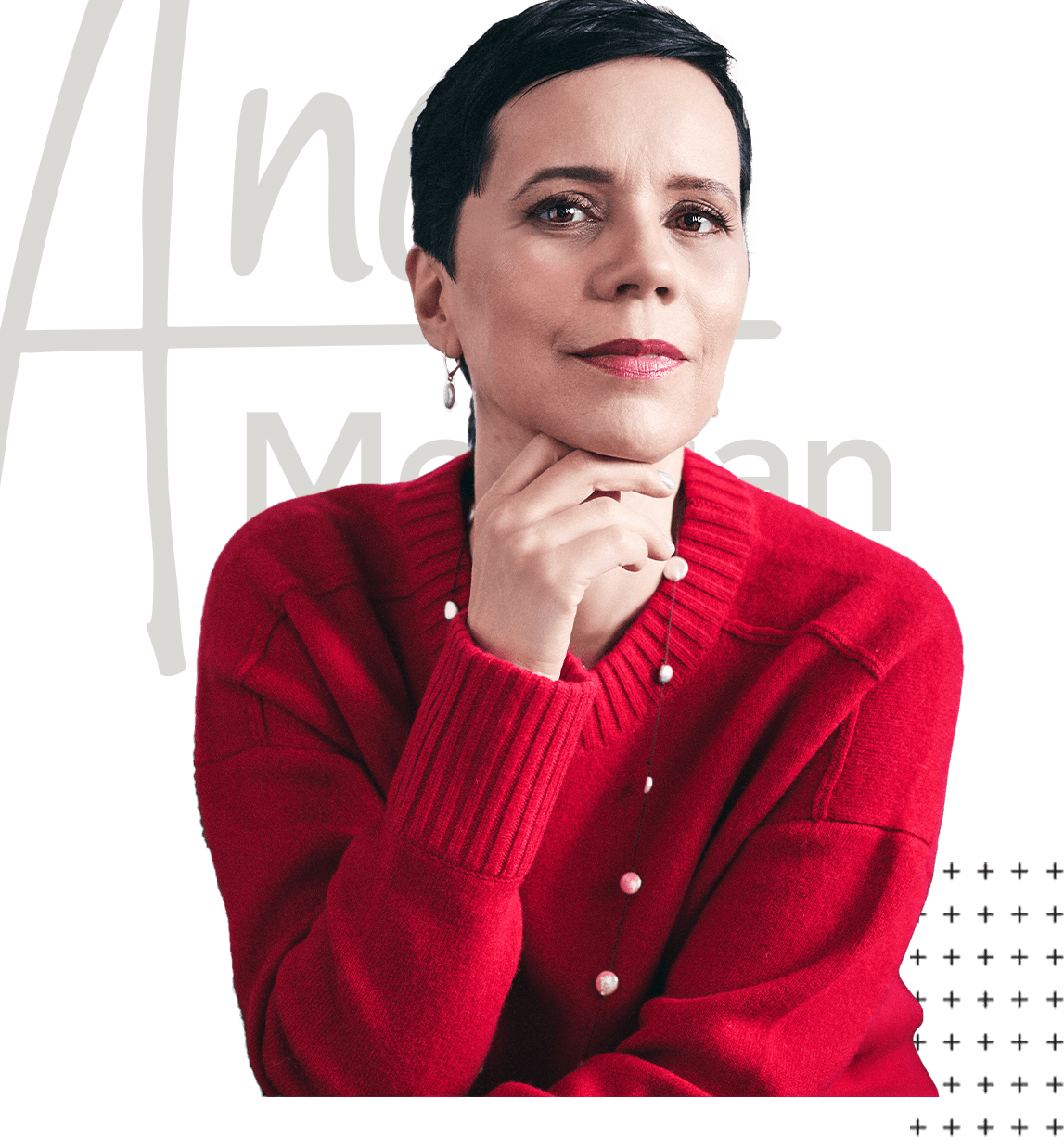Excelling in Life and Work with Maslow’s Hierarchy: Physiological Needs
When was the last time you breathed past your collarbone?
That may seem like a strange question. But I urge you to think about it.
When was the last time you breathed deeply enough to reach the bottom of your lungs?
The truth is, most of us don’t breathe well. We breathe enough to keep our body working—shallow, unfulfilling breaths that leave us in a constant state of stress.
Breathing deeply and intentionally ties into one of the most well-known theories of human motivation: Maslow's Hierarchy of Needs. These needs often arranged in a pyramid are more than a pretty chart hung up in a classroom. They are part of the foundation for a life you won’t feel like you need to escape from.
Starting With The Basics

Most of us are familiar with one version of this hierarchy or another. Maslow states that there are a few core needs for healthy living: physiological needs, safety, love, esteem, and self-actualization.
First, let’s focus on the physiological needs: air, water, nutrition, and sleep. We can’t survive without them.
Yet, it’s interesting to consider our answers to the following questions:
- When was the last time I drank enough water during the day?
- When did I last eat a fulfilling and nutritious meal?
- How long has it been since I got the proper amount of sleep at night?
- When was the last time I breathed deeply enough to allow myself to relax?
A short one-minute breathing exercise can help activate the relaxation system in our body. When we’re relaxed, we’re more likely to see possibilities around us. Think of it as taking stock of your system—much like a computer when it restarts and updates its drivers. We can do the same thing with intentional breathing.
I know as well as anyone that it can seem best to let the pages load slowly for a while than to restart and upgrade the computer. But the consequence of delaying a reset can lead to viruses, impaired functions, and system failure. It’s easy to see how that translates to the human body.
Adopting Intentional Physiological Needs Into Your Routine

Now, it’s tempting to beat ourselves up about all the things and healthy habits we aren’t maintaining. I urge you to be gentle with yourself—it’s no easy feat to adopt new habits.
Something I ask my clients to do is imagine their ideal day, and walk them through a few questions about what that looks like:
- How do you want to wake up? Are you waking up with gratitude?
- What is the ideal beginning of your day? What are you having for breakfast?
- What time do you want to go to bed? Do you give yourself time to wind down?
When we’re under stress, it’s easy to go back to previous habits that we have had for years. Our brains will default to what is most familiar and comforting when we’re under high stress. This type of growth is like a dance, it’s not a straight line. Let yourself explore why you have the unideal habits that you do—I’m sure we all have one or two we’ve been trying to kick for years—and try to have fun with it, trace back your timeline, and connect the dots to where you are now.
What can you do right now to shift away from harmful routines that are no longer serving your goals?
A Gentle Reminder

Self-care is not an extra part of life. It's an essential need.
If you don't make self-care a priority, your body will decide for you. Listen to the small voice urging you to pause, breathe deeply, drink that extra glass of water, to get to bed even 10 minutes earlier than yesterday. Listen to the small wake-up calls, and you won’t have to wait for the big, earth-shaking calls that force you to adopt those habits and address what's missing.
Taking care of our bodies is a lifelong pursuit. Likewise, when nurturing our mind and soul. They all work together to build a life that feels balanced, energizing, and fulfilling.
It starts with you. What can you do today for your future self?
Listen to my full interview with the wonderful Melinda Cohan for more insights on practicing self-care.
And, you can also follow/subscribe to the MINDSET ZONE podcast on any of the major streaming services. The MINDSET ZONE podcast was selected for The Huffington Post‘s “15 Podcasts That Will Leave You Pondering Life’s Big Questions,” listed alongside the Peabody Award-winning “On Being” and “TED Radio Hour” by NPR.








